
Corporate Information
Robinsons Retail Holdings, Inc. is one of the Philippines’ largest multiformat retailers. Founded by the late entrepreneur John L. Gokongwei, Jr. with the opening of the first Robinsons Department Store in 1980, we now have a robust network of close to 2,400 stores alongside over 2,100 franchised community drugstores under TGP.
After over forty years of continued service, we have created a
varied portfolio of banners tailored to the needs of the
Filipino shopper—from supermarkets and convenience stores to
drugstores, department stores, DIY stores, and specialty stores
covering appliances, toys, mass merchandise, beauty, pet retail,
and lifestyle sneakers. Our commitment to expansion remains
unwavering. By extending modern retail to underserved regions,
we embrace a holistic business ethos prioritizing sustainability
amid economic shifts. Central to our strategy is a culture
deeply rooted in customer-centricity, ensuring our products and
services resonate responsively with shoppers.
Embracing omnichannel retail, we capitalize on synergistic
alliances as anchor tenants of premier mall developers like
Robinsons Malls while at the same time advancing our digital
presence. This dual thrust fortifies our physical footprint
while accelerating the digital transition, aligning with
evolving consumer preferences.
At Robinsons Retail, we cultivate meaningful relationships with
our people, stakeholders, and the communities we serve as we
champion a commitment to fostering long-term growth and
sustainability.
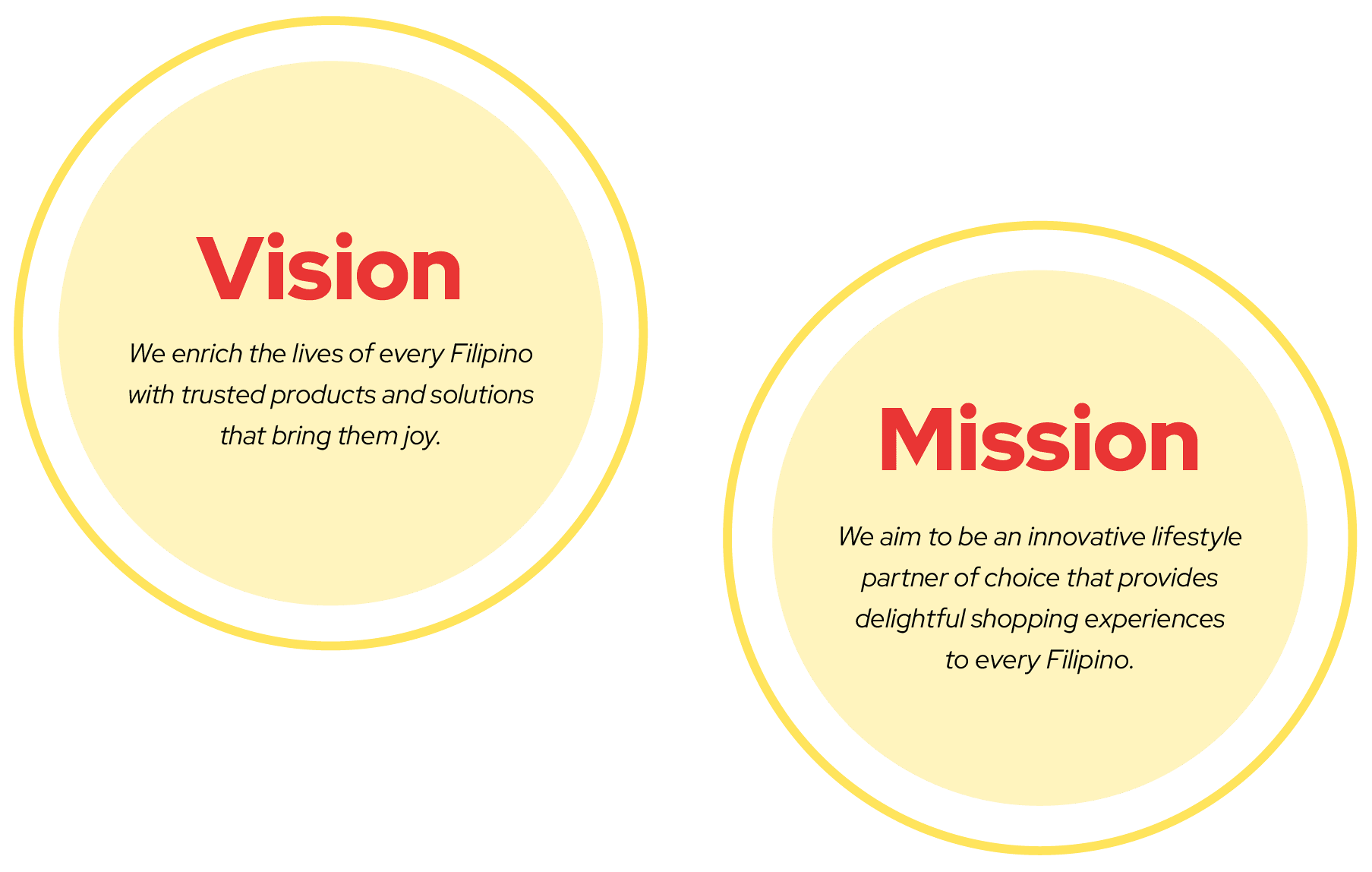
Creating Sustainable Value


Recent international developments, together with continuous
engagement on ESG topics by the Company’s directors and senior
management as well as key stakeholders such as our suppliers,
allowed us to further improve and recalibrate our sustainability
framework.
We applied the principle of double materiality in this year’s
framework revamp, which acknowledges that companies are not only
impacted by external environmental and social factors (financial
materiality) but also influence these factors through their
operations and decisions (impact materiality). This principle
corroborates the recent introduction of the first two IFRS
Sustainability Disclosure Standards (IFRS S1 and S2), which were
developed in collaboration with multiple ESG standard-setting
bodies such as the Sustainability Accounting Standards Board
(SASB) and the Task Force on Climate-related Financial
Disclosures (TCFD), and the memorandum of understanding by GRI
and IFRS to coordinate their work programs and standard-setting
activities on sustainability reporting. These reporting
developments encouraged the Company to use IFRS S1 and S2 and
SASB, in addition to using GRI standards in identifying our
material topics. GRI standards have been used by the Company
since its first sustainability reporting in 2018. We support the
harmonization of sustainability reporting standards towards more
comprehensive reporting and enhance comparability of ESG data
across all industries.
We have identified 14 material topics housed under our new ESG
focus areas coined as the 3Rs of Sustainability: Responsible
Retailing, Relationship with Our People and Communities, and
Robust Environmental Action. These new focus areas are
stakeholder-driven and align with our vision and mission to
bring trusted products and solutions that bring joy to our
stakeholders by promoting responsible retail practices,
fostering constant stakeholder collaborations, and managing our
overall environmental impacts.
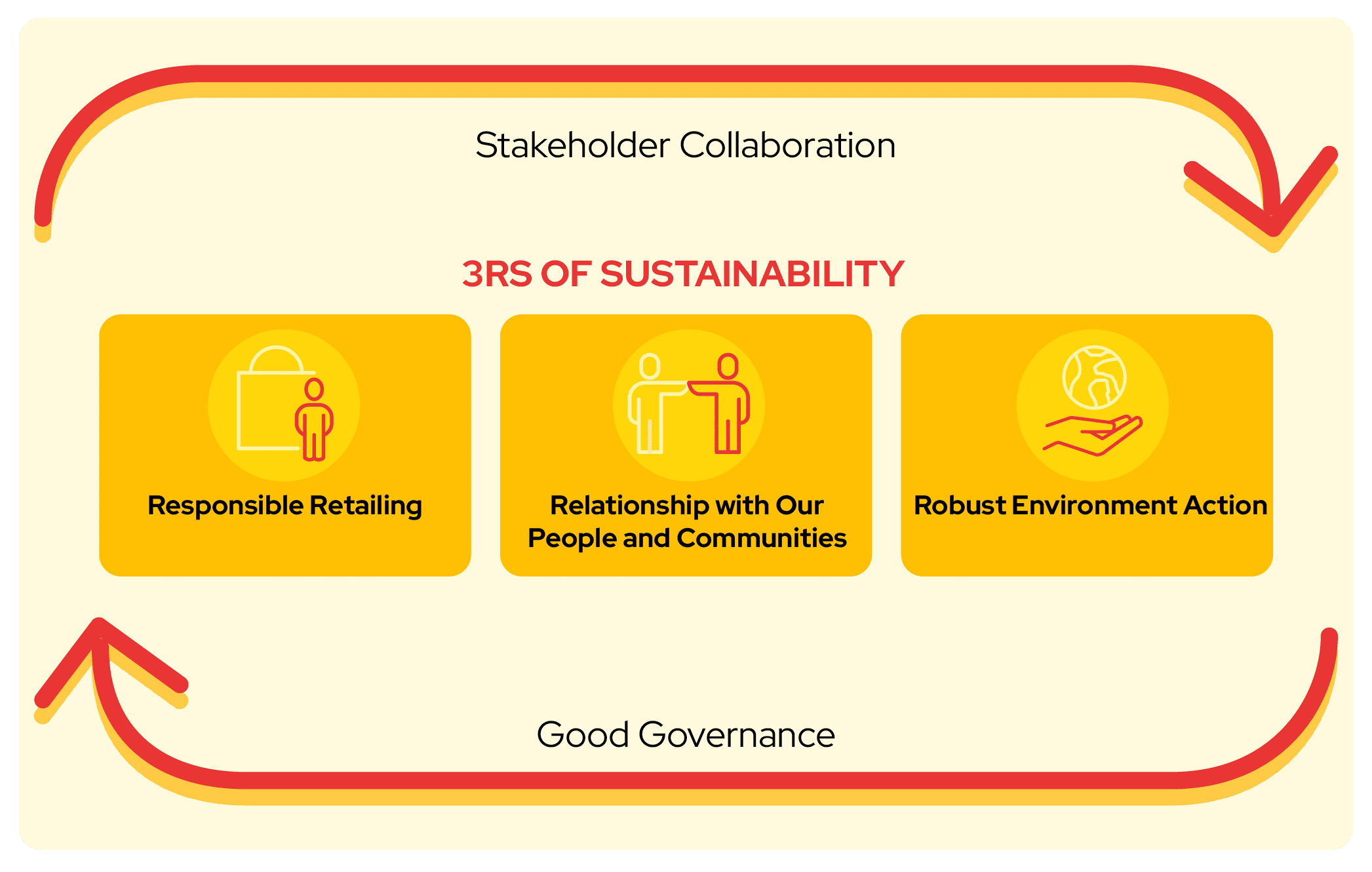
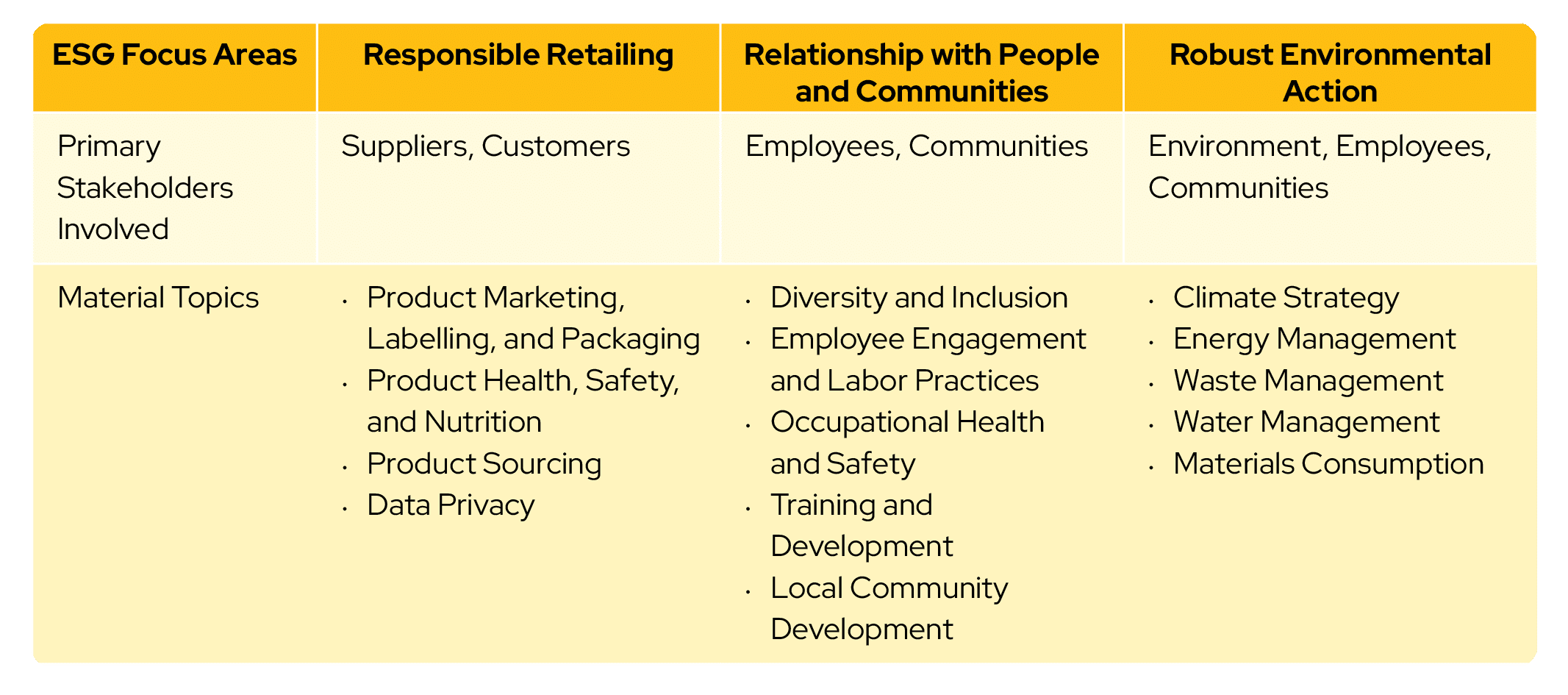
With these enhanced framework and material topics, the Company commits to set its quantitative ESG Targets in 2024.
Stakeholder Engagement
We recognize the importance of engaging with our stakeholders in developing a sustainable and growth-oriented strategy. By promoting dialogue with our key stakeholder groups, which we have identified as our customers, employees, suppliers and franchisees, and investors, we are able to gain valuable insights into their concerns and needs, which in turn help inform our decision-making to remain agile and responsive to changing needs and expectations.
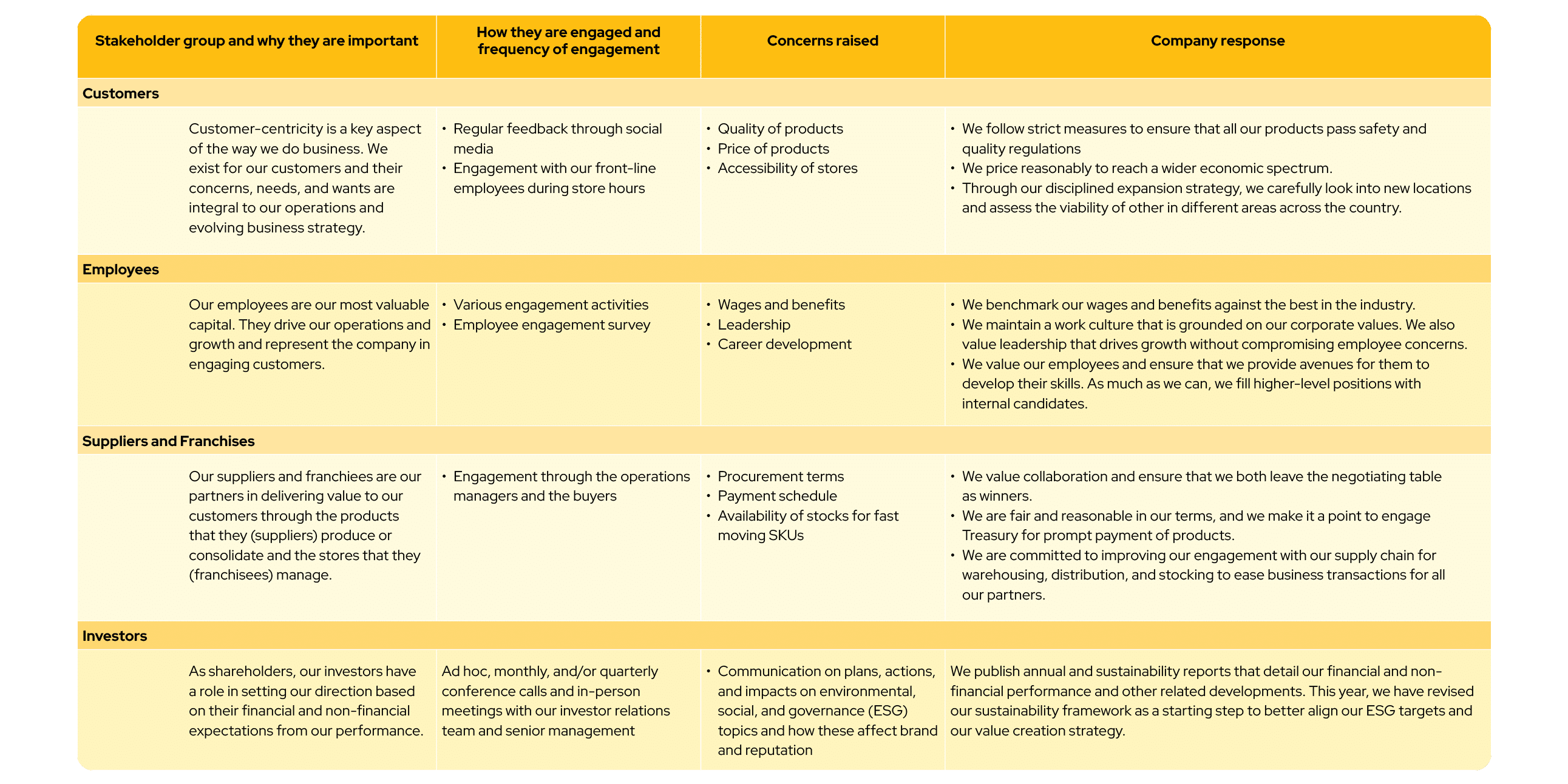
Managing our risks, building the future
Enterprise Risk Management (ERM) Framework
At Robinsons Retail, we take a proactive and comprehensive approach to managing our risks. We have adopted the Committee of Sponsoring Organizations (COSO) ERM Framework to ensure consistent risk management across all facets of our operations.
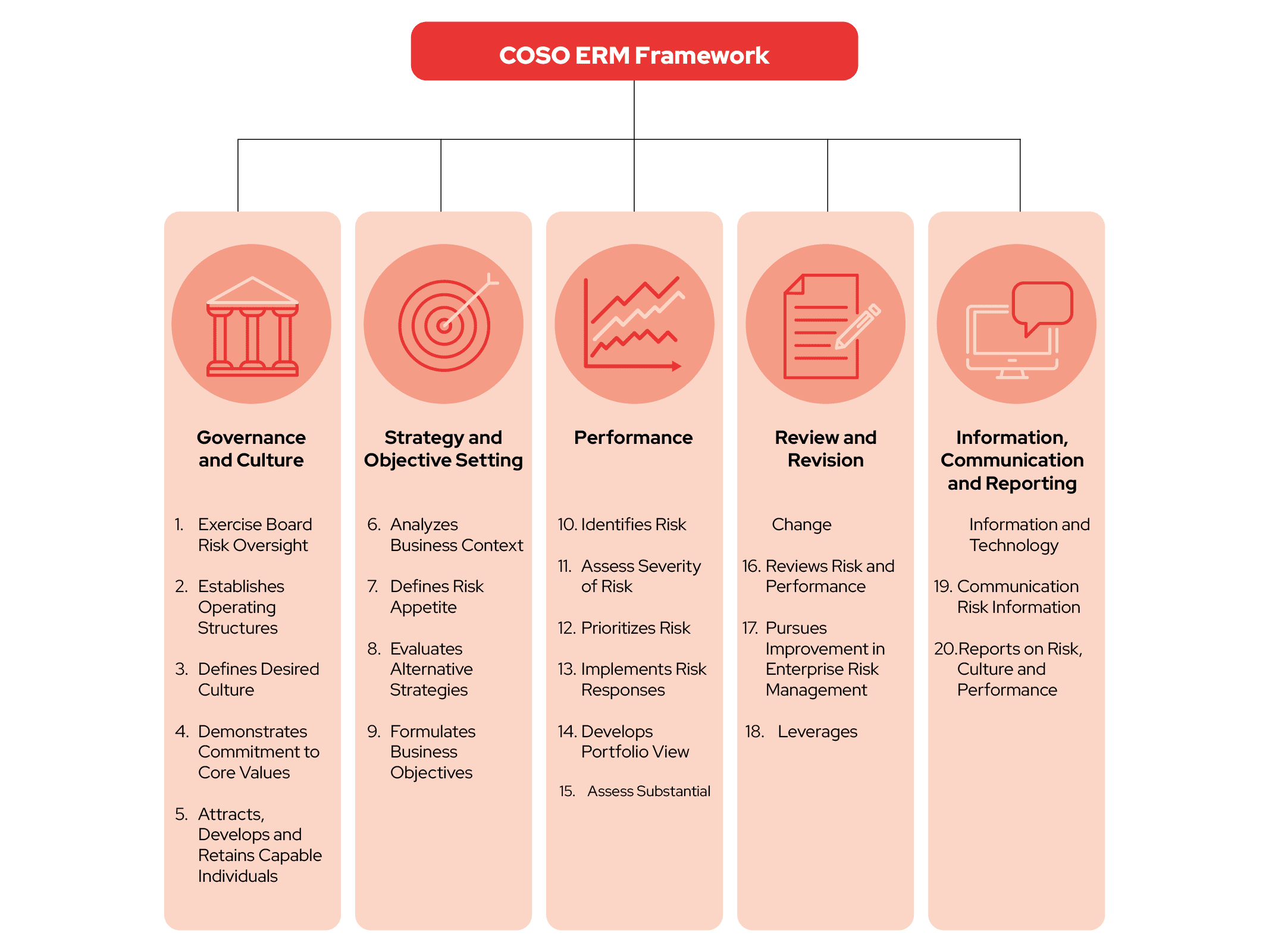
Risk Classifications
Identifying and defining risks is a critical component for effective ERM. We have identified seven (7) primary risks that have the greatest potential to impact Robinsons Retail. By understanding these risks, we are able to inform decision-making and strategy on how to minimize potential impact.
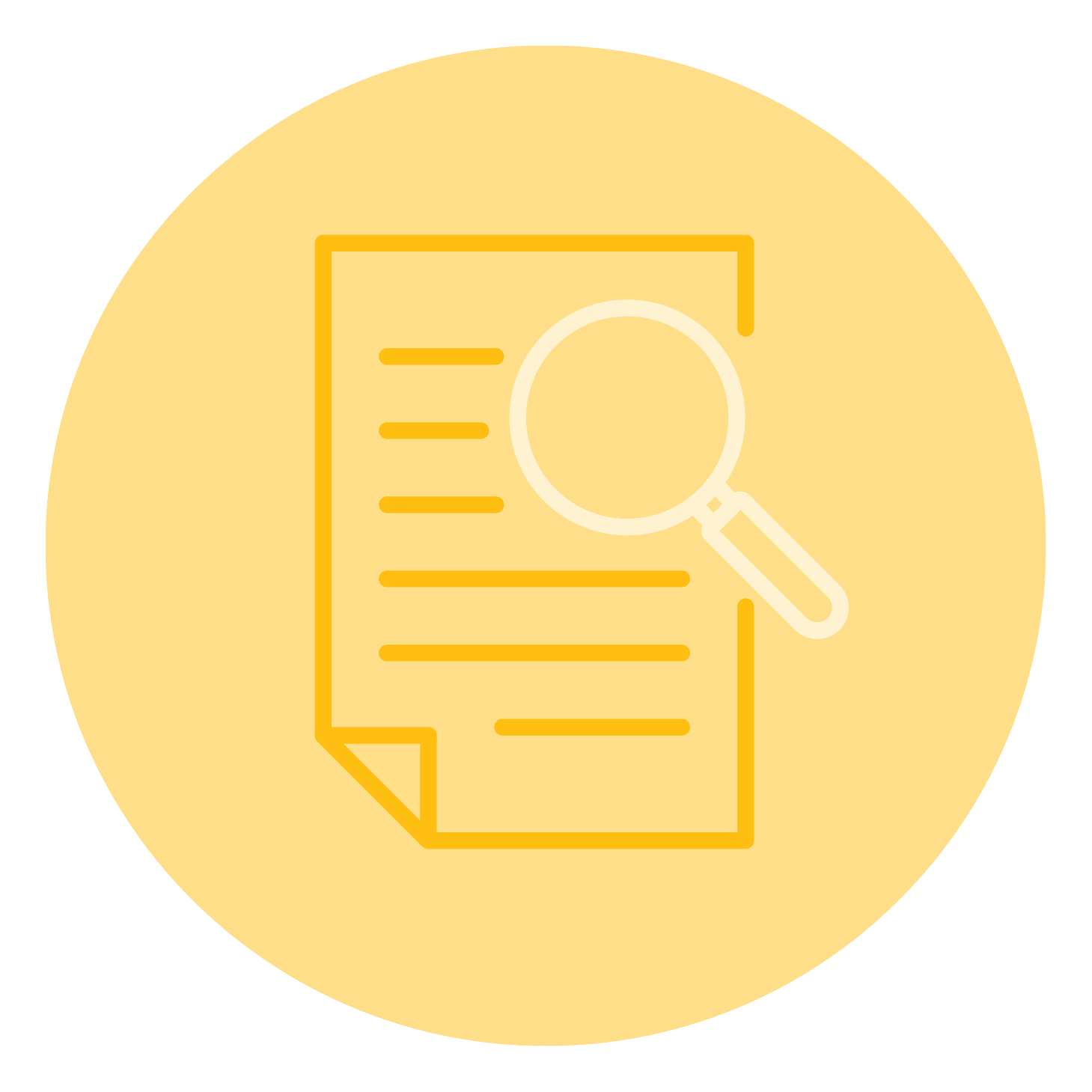
1. Strategic risk
Risks that potentially impact our short, medium, and long- term goals; business models and adaptive pivots in response to emerging trends in the retail industry.
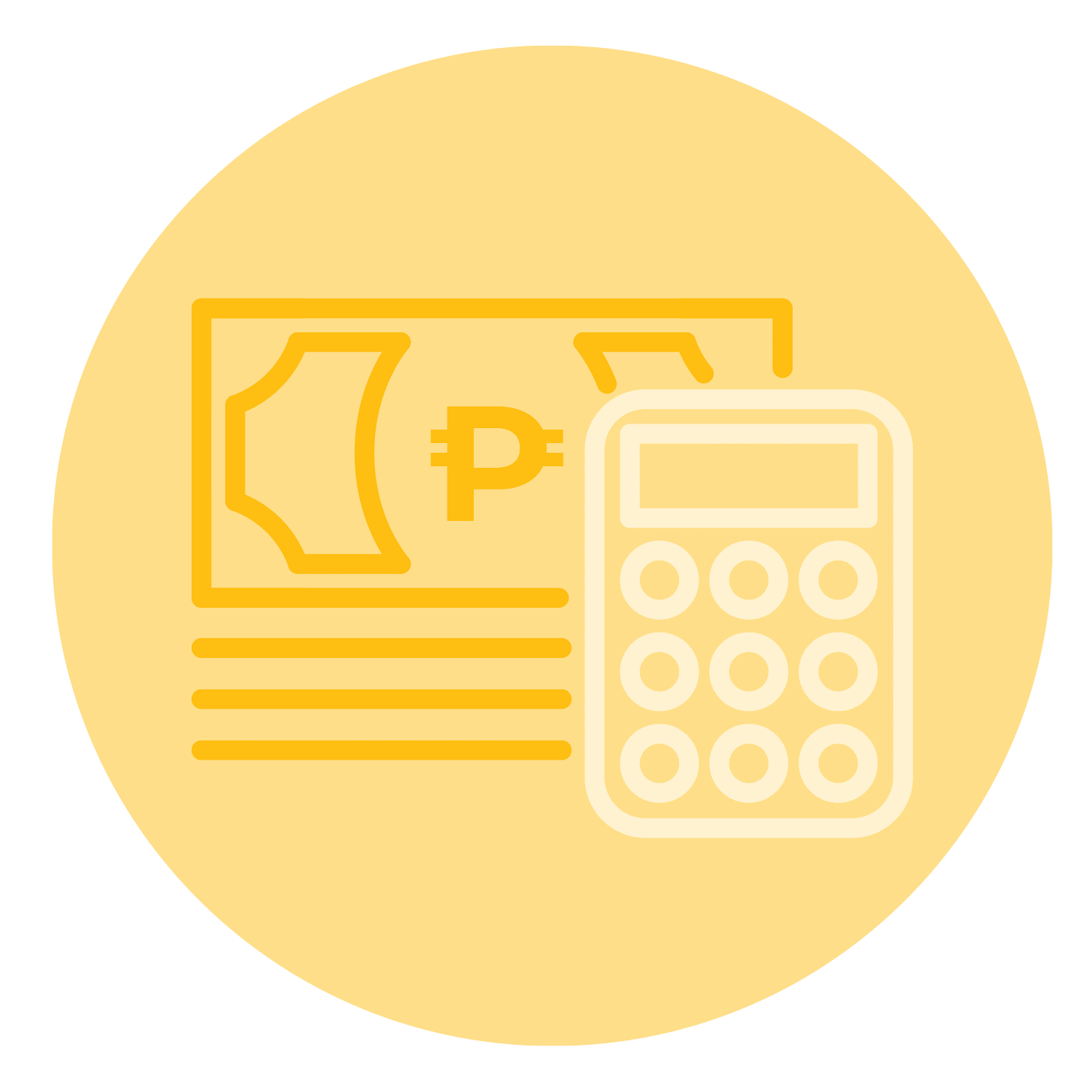
2. Financial risk
Risks that are associated with our performance across its key financial metrics, with emphasis on the net income.

3. Operational risk
Risks that are present in the daily conduct of business, such as physical risks to stores and distribution centers, as well as disruptions in the supply chain.

4. Reputational risk
Risks that affect stakeholder perspective on Robinsons Retail and its subsidiaries.

5. People risk
Risks associated with labor management and employee satisfaction.
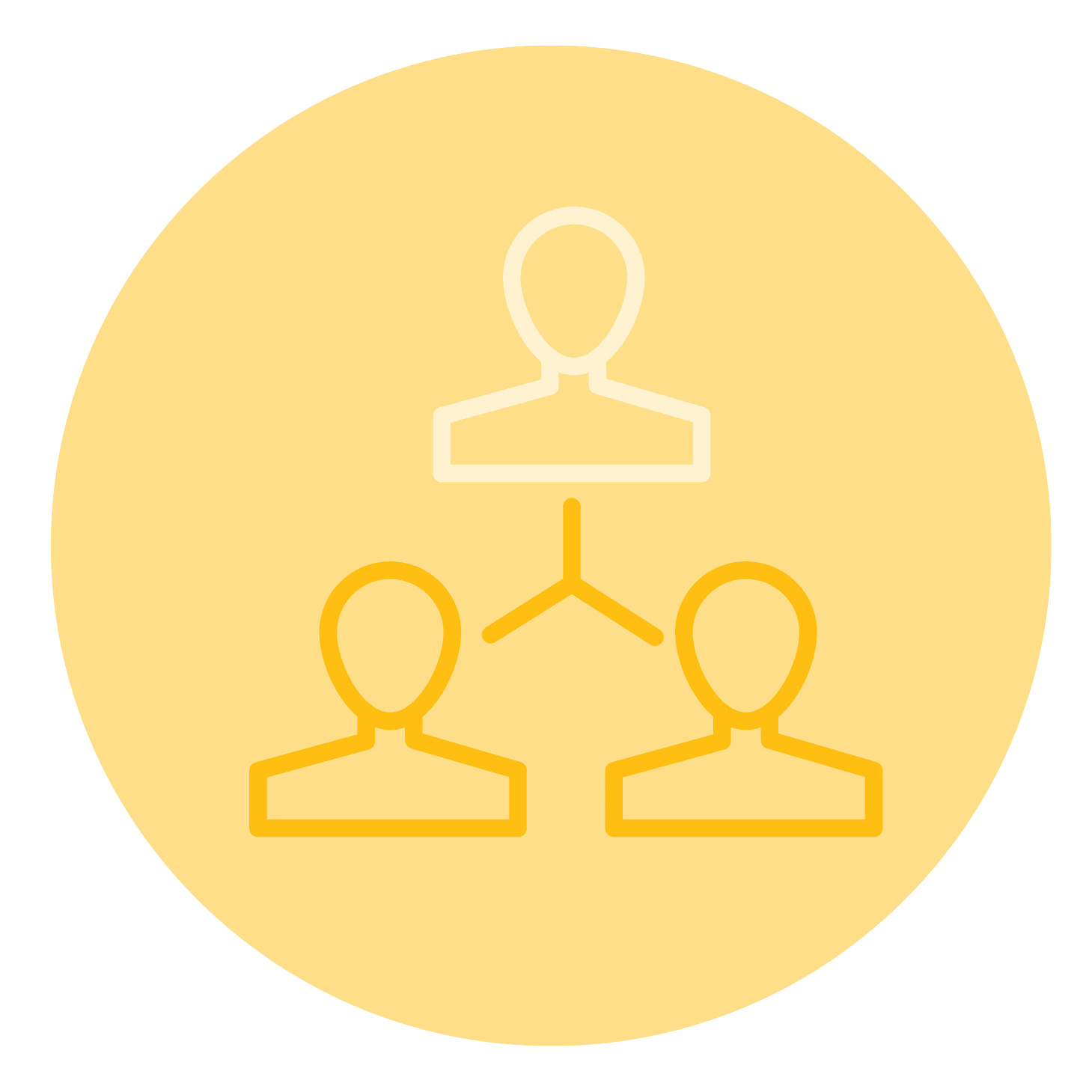
6. Legal and Governance risk
Risks associated with compliance to pertinent laws and regulations, policy requirements, and relations with the government.
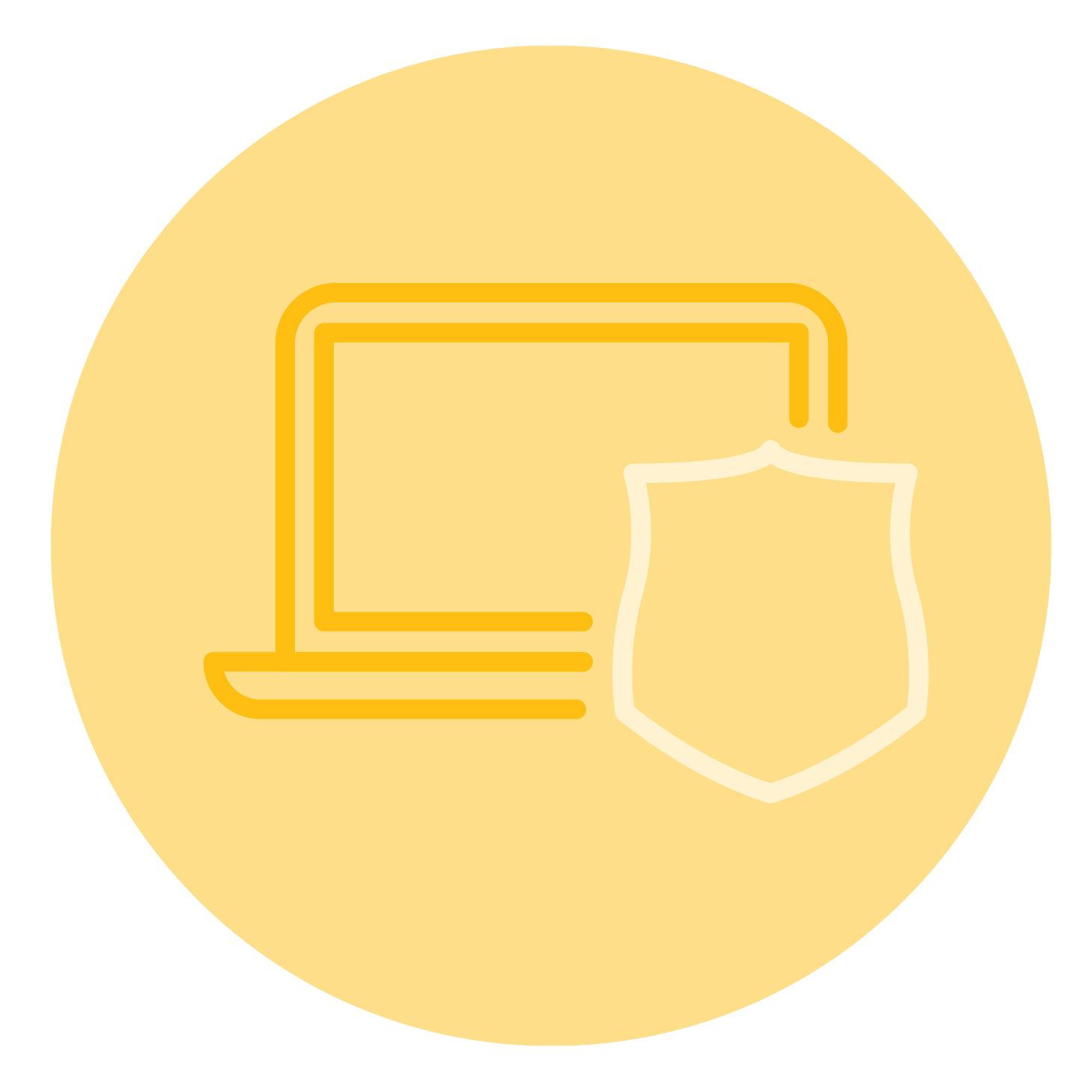
7. Digital risk
Risks within Robinsons Retail’s thrusts of incorporating relevant technologies in various aspects of business operations.
Conglomerate Map
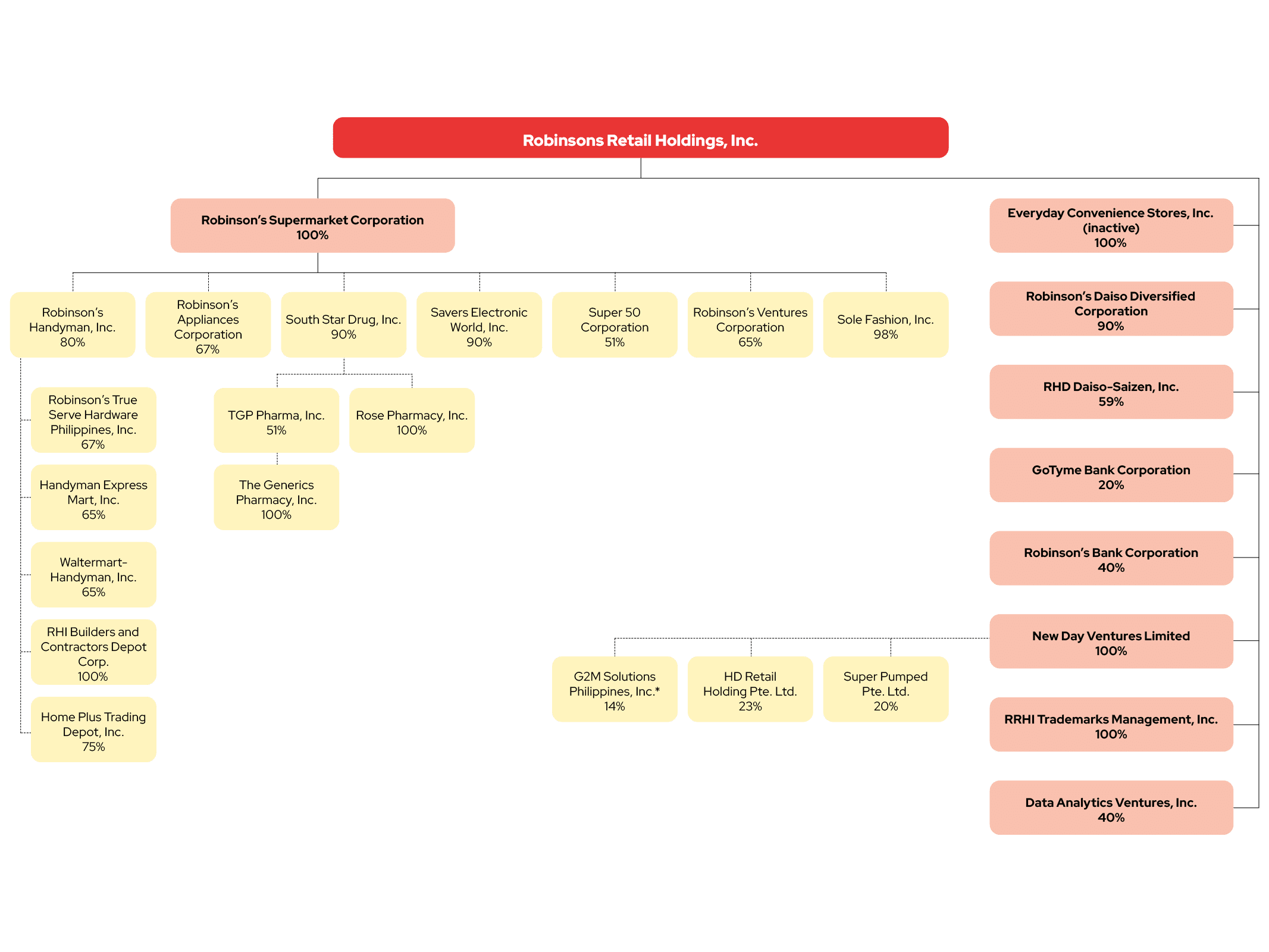
Brand Portfolio and Acquisitions
